
Vayikra: The Real Ratings
We are all have a particular mission in this world; the way we perform our task determines our greatness, not our ranking in the apparent hierarchy of Judaism…

Parshat Vayikra
THE SACRIFICE OF THE PRINCE AND THE COMMONER
“When a prince has sinned… he shall bring his offering, a kid of the goats, a male without blemish” (Vayikra 4:22-23). The atonement for a prince who sinned unintentionally is to bring a male goat. When, however, one of the common people sins unintentionally, his atonement is a female goat. If a soul of the common people sin in error…he shall bring his offering, a kid of the goats, a female without blemish…” (Vayikra 4:27-28). Why is the atonement for the prince a male goat, whereas the common people bring a female goat for the same misdemeanor?
IS FEMALE LESS WORTHY THAN MALE?
Ibn Ezra answers that the common people bring a female goat because they are on a lower level than the prince. I have a hard time accepting this kind of statement. Why should the male represent a higher level than the female? Does this imply that men are more important than women? The modern Torah commentators emphasize that this is not the case at all. The reason why women are exempt from certain mitzvoth is that they are naturally in tune with the will of G-d, and therefore, do not need as many mitzvoth to keep them on track. However, some of us sense deep down that these kinds of explanations are apologetic rationalizations designed to smooth over the many statements in the Torah which seem to denigrate women. It is hard to cover up the fact that the Jewish man thanks G-d every morning for not having been created a woman. Women cannot count as legitimate witnesses in a Jewish court (Shavuoth 30a), and a woman cannot become a Rabbi according to the Torah tradition. Many of the more classic commentaries explain that women are exempt from certain mitzvoth so as to be able to serve their husbands. The standard teacher in a woman's Torah seminary will gracefully skip this sort of commentary.
EXTERNAL SOCIAL RANKS
Western culture emphasizes competition and striving towards becoming “Number One.” People compare and measure themselves against one another. The higher they score on the scale of wealth, beauty, and youthfulness, the more valuable and important they consider themselves. On the surface, it might seem that the Torah also evaluates people according to a system of ranks. The highest level is that of the Kohen, followed by the Levi, and finally the Israelite. Lower down on the list is the Jewish woman, just slightly above the Jewish slave who is followed by the gentile. Yet, it is only the competitive Western outlook that makes us view the Jewish system of ranks as reflecting the intrinsic worth of any person. Although the Kohen is allotted certain honors, it does not imply that the Kohen is a better person than the common Jew. Neither is a prince necessarily spiritually superior to a commoner. The Midrash states: “I call heaven and earth to witness, be it Jew or non-Jew, man or woman, manservant or maidservant – only according to their actions will the spirit of holiness rest upon them” (Yalkut Shimoni, Shoftim 4, 42).
NO VALUE JUDGMENT
Returning to the subject of the sacrifice of goats, it is possible to understand that Torah law does not place any value judgment regarding the male versus the female goat. Rather, the law contains compassion for the poor man while making the ritual meaningful for the rich. When one raise goats it is practical to keep one male goat for about twenty female goats, since it can breed with several females. Therefore, a poor family with only twenty goats cannot give up their one male goat, for to do so would be to put the family out of business. The rich man has many males and females and the loss of one male will not devastate his family. The goats of both genders have their place of importance and the farmer thanks the Creator every day for providing the indispensable male and female goats to sustain his family.
NOT A QUESTION OF IMPORTANCE
We are all designated to accomplish a particular mission in this world, and the way we perform our task determines our greatness, rather than where we rank in the apparent hierarchy of Judaism. The purpose of these external ranks is only to ensure that society runs smoothly, without having any relation to the value of a person. We all ultimately have to subordinate ourselves to the will of G-d. Therefore, why should it matter where we are on the social ladder? When our goal becomes serving Hashem to the best of our ability, the question of who is more important becomes irrelevant. Clearly, this does not justify someone using his position to take advantage of those beneath him, just as it is unacceptable for a leader to turn into a dictator.
EQUAL BEFORE G-D
When comparing the sacrifice of the prince to that of the common people, Rabbi S. R. Hirsch explains that the different social status of the prince and the commoner does not affect either their moral distinction, nor does it influence their ability to get closer to G-d. The purpose of all sacrifices is to be pleasing to G-d, and each person bringing a sacrifice should strive to perform the will of G-d on earth. Both the goat of the prince and that of the commoner undergo the same procedure of sacrifice according to the precepts of the Torah. Both of these sin offerings become subordinated to the sharp knife of the ritual slaughter, according to the command of G-d. When the least “important person” preserves his moral integrity, his sacrifice will join the same altar as that of the prince. They are equal in value as are all deeds performed for the sake of G-d. Keeping this perspective in mind makes it easier to detach ourselves from the competitive attitude of Western culture, and liberates us from comparing ourselves with men.
***
Rebbetzin Chana Bracha Siegelbaum is Director of Midreshet B’erot Bat Ayin in Gush Etzion. This article is an excerpt from her book Women at the Crossroads: A Woman’s Perspective on the Weekly Torah Portion, reviewed by The Jerusalem Post, The Jewish Press, Voices Magazine, Good Reads, and WordPress/JewishPress and more.



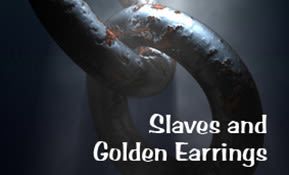


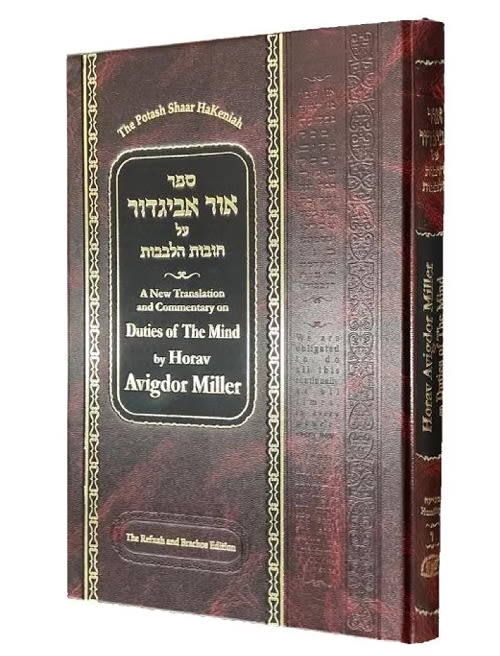
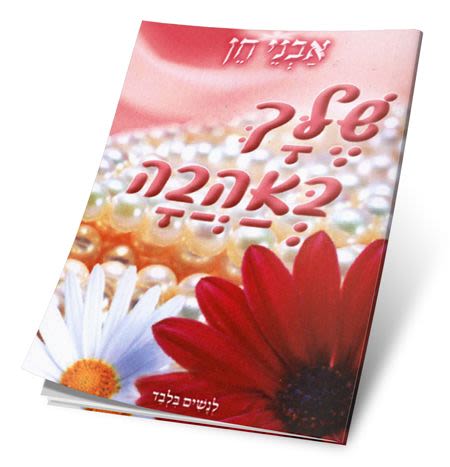
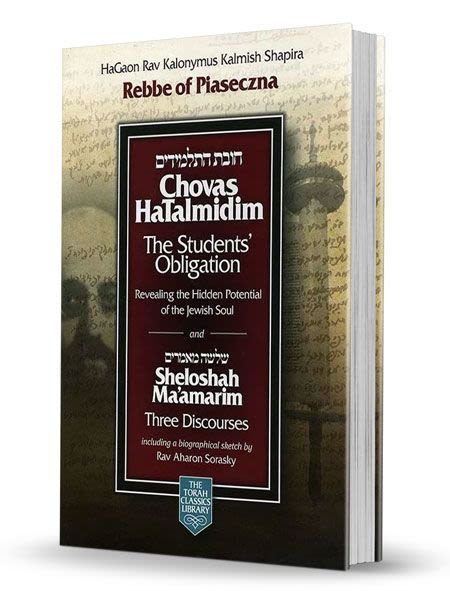

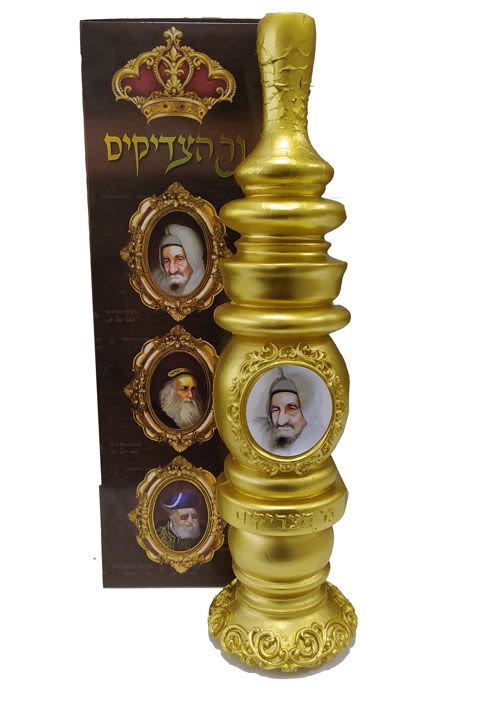
Tell us what you think!
Thank you for your comment!
It will be published after approval by the Editor.